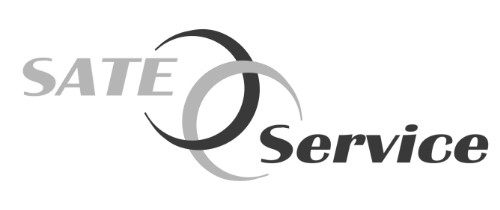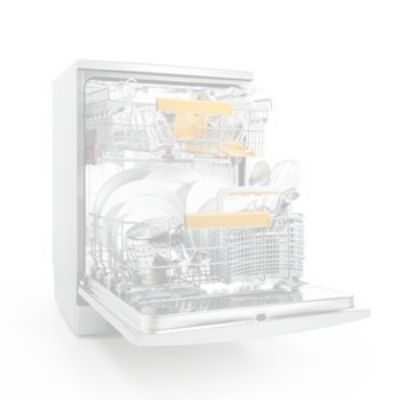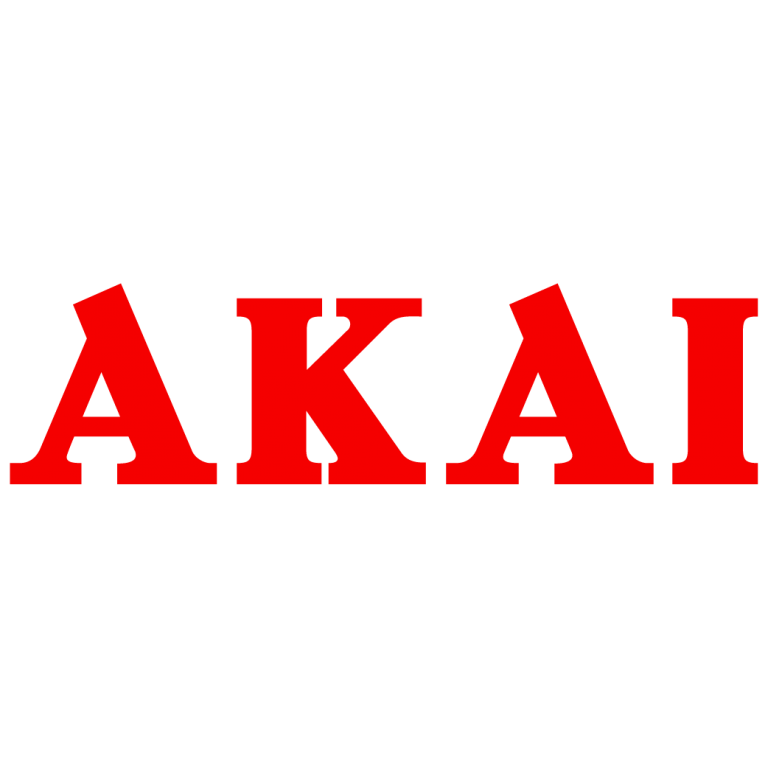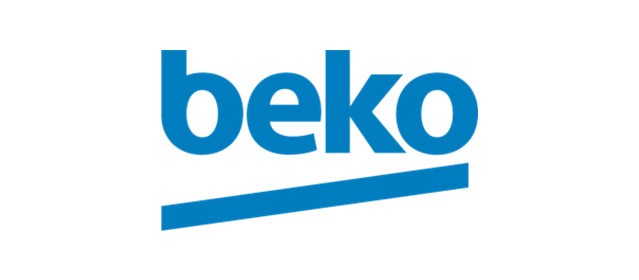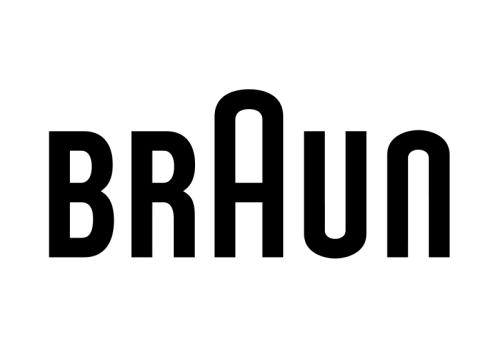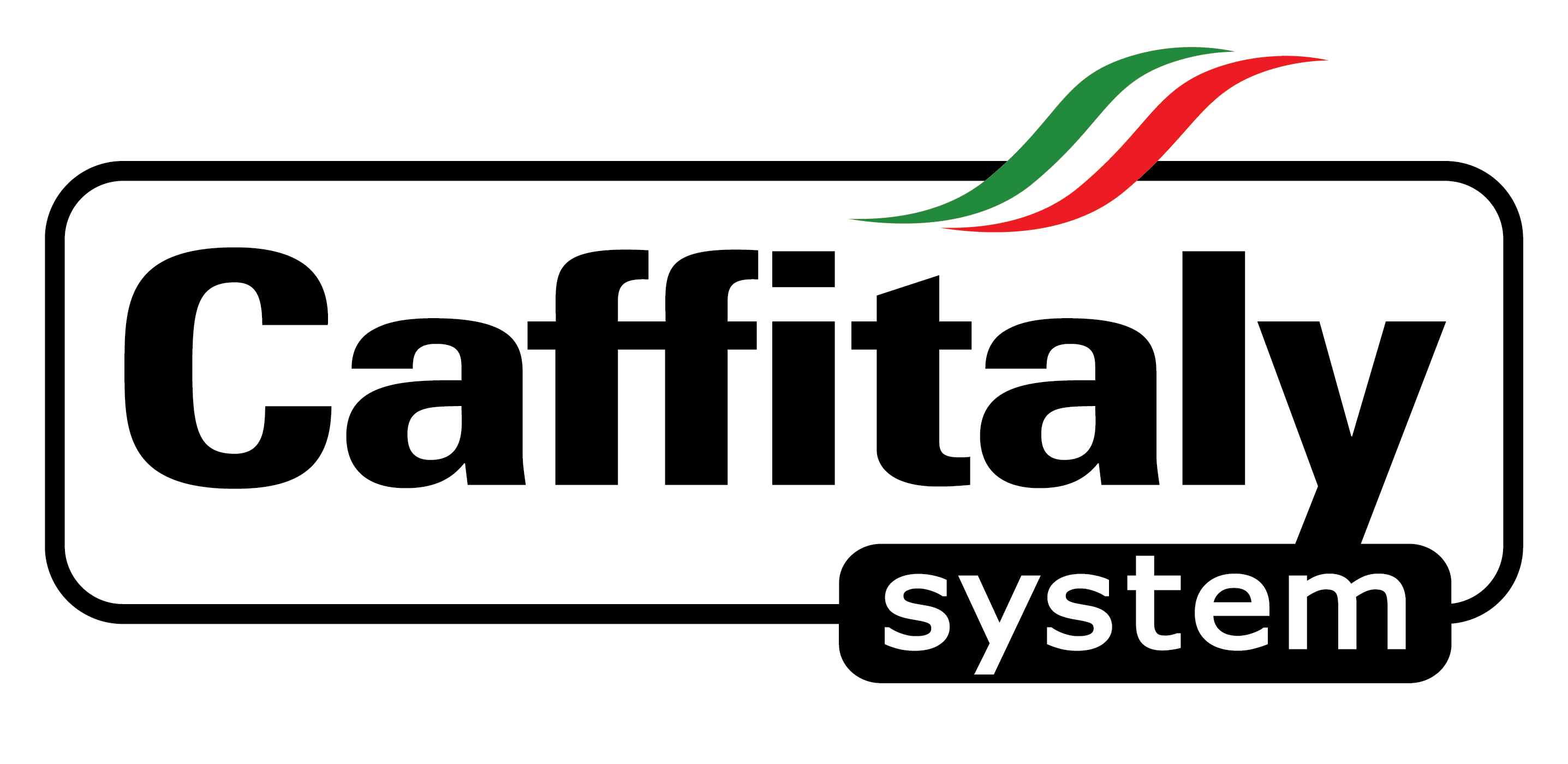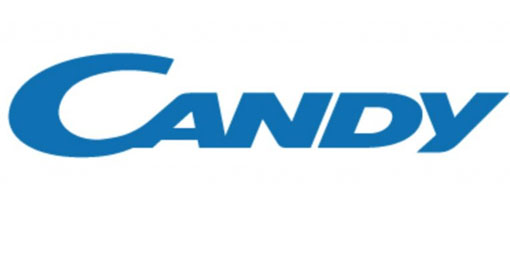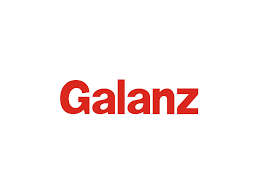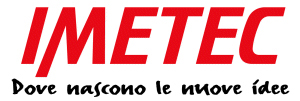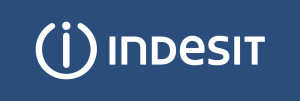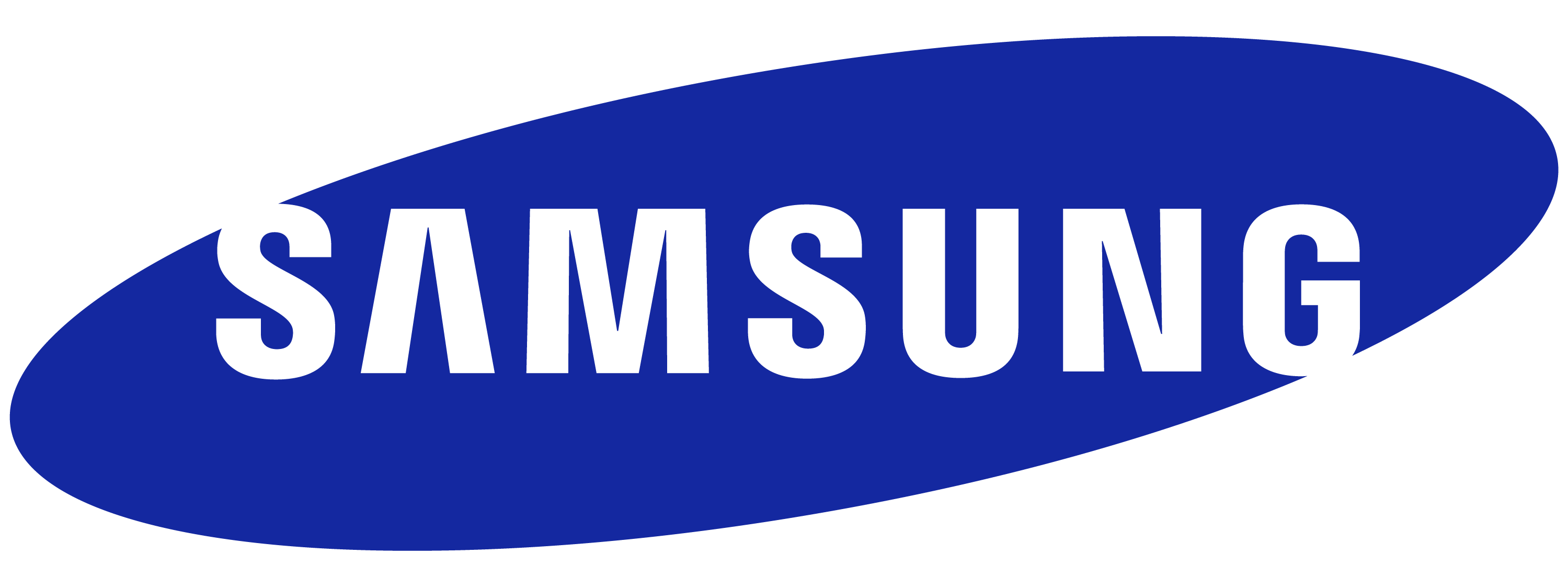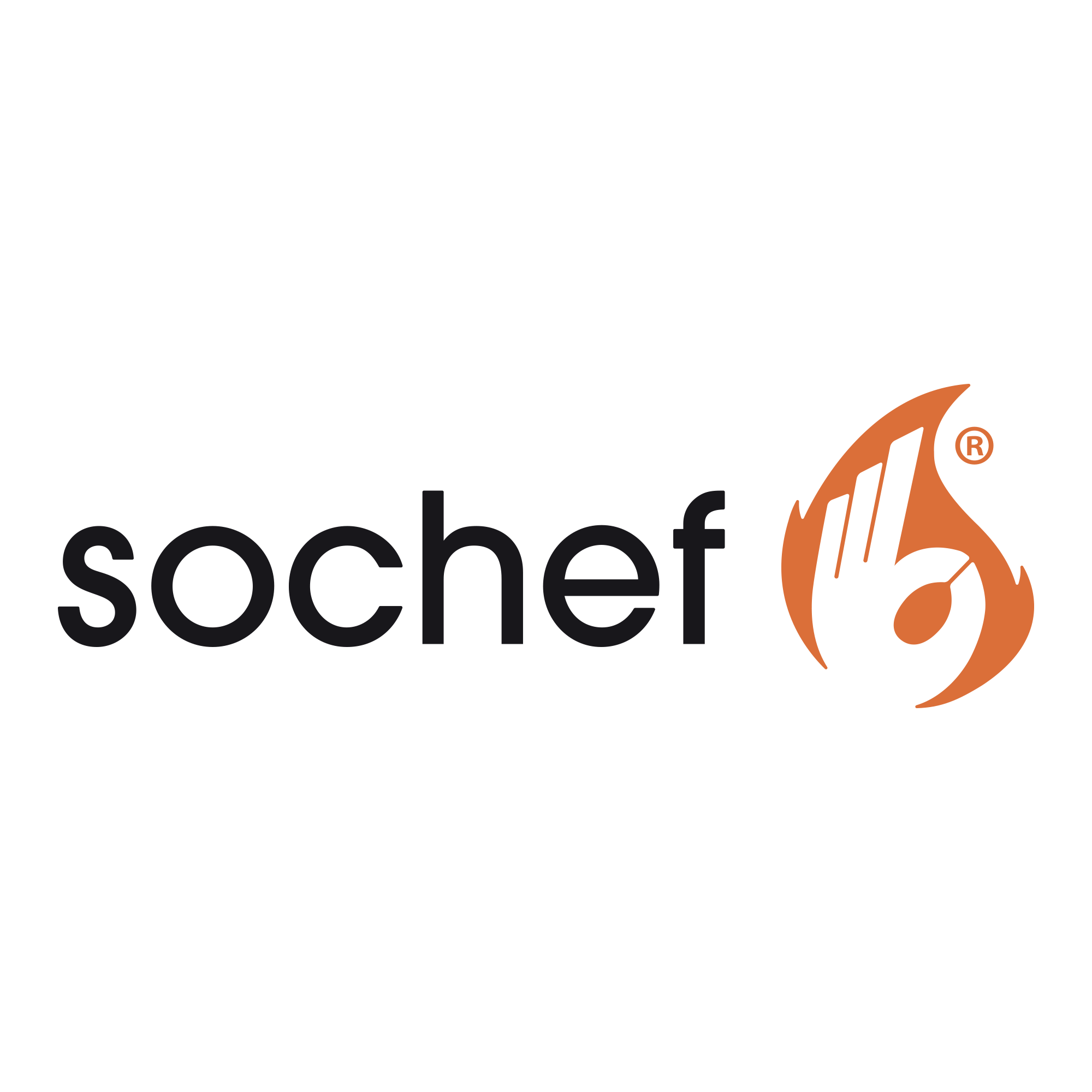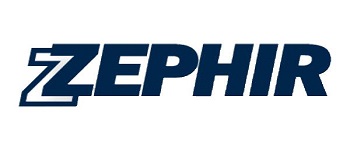What Is the Over-the-Counter OTC Market?
Content
Exchanges also have certain standards (financial, for example) that a company must meet to keep its stock listed on the exchange. Worldwide, the bond market is larger than the stock market, with about $130 trillion in bonds outstanding and about $101 trillion in stock market capitalization, according to the last data available. The bond and stock markets serve different purposes and offer different risk-reward profiles for investors. In the bond market, investors buy and sell debt securities, typically issued by governments (local, state, and federal) or corporations. When you invest in bonds, you're essentially lending money for regular interest payments and the return on the bond's face value at maturity. These were eras when trade and commerce were primarily driven by physical goods, with industries like agriculture, textiles, and early manufacturing https://www.xcritical.com/ dominating the economic landscape.
Why Is the Stock Market So Important?
This can make it over the counter market definition economics more challenging for investors to get reliable information about the companies they are investing in. These OTC markets are where you buy or sell stocks directly with another investor, typically without the same level of regulation or public scrutiny. OTC trading involves a network of brokers and dealers who negotiate directly over computer networks and by phone. Many stock exchanges also cross-list company shares, offering securities primarily listed on other exchanges.
Advantages and Disadvantages of the Foreign Exchange Market
While OTC trading has benefits such as customization and secrecy, it also has its own set of obstacles and risks. In the over-the-counter market, dealers frequently buy and sell for their own accounts and usually specialize in certain issues. Schedules of fees for buying and selling securities are not fixed, and dealers derive their profits from the markup of their selling price over the price they had paid. The investor may buy directly from dealers who are willing to sell stocks or bonds that they own or with a broker who will search the market for the best price.
Differences Between the OTC Market and Stock Exchanges
- OTC dealers convey their bid and ask quotes and negotiate execution prices by telephone, mass e-mail messages, and, increasingly, text messaging.
- There are major exchanges worldwide, such as the London Stock Exchange, the Tokyo Stock Exchange, and the Shanghai Stock Exchange.
- Additionally, this group encompasses commodity derivatives, which consist of forwards, futures, and options related to underlying commodities like gold, oil, and agricultural products.
- Negotiating by phone or electronic message, whether customer to dealer or dealer to dealer, is known as bilateral trading because only the two market participants directly observe the quotes or execution.
- You will also learn what types of assets are traded on this type of market and into what types it is subdivided.
- Unlike exchanges that have physical locations and standard trading hours, OTC transactions can occur electronically and at any time, providing flexibility and accessibility to traders.
- The stock market is made up of investors buying, selling, and trading shares of companies, reflecting these firms' collective value and performance.
Suppose you're an investor seeking high returns on your investments, so you're willing to dip into the OTC markets if you can find the right stock. You come across an opportunity called "CoinDeal," which promises exceptionally high returns on the premise that one or more technology companies under the "ViRSE" banner are about to be acquired by a group of wealthy investors. You look to be in early on what promises like a big deal, just like other storied early investors.
How Does FINRA Regulate the OTC Market?
At an international level, the market is regulated by local financial authorities and international organizations like the International Organization of Securities Commissions (IOSCO). Lastly, market risk, stemming from broad market fluctuations, affects the OTC market just like any other financial market. Operational risk, including system failures or human errors, is also prevalent in the OTC market due to its reliance on the operational efficiency of individual participants. Liquidity risk arises due to the potential difficulty in finding a buyer or seller for a particular OTC instrument, which can lead to larger bid-ask spreads and potentially higher transaction costs. The Financial Industry Regulatory Authority (FINRA) oversees the OTC market in the U.S., maintaining transaction transparency and fairness.
It is often called the “off-board market” and sometimes the “unlisted market,” though the latter term is misleading because some securities so traded are listed on an exchange. The stock market as a whole is an exchange mechanism that helps investors buy and sell shares in publicly traded companies. Though you can visit the New York Stock Exchange (NYSE) and offices of the NASDAQ, these are just components in a broader marketplace. Trades are conducted mostly through electronic means between participants who are remote from each other.
These tiers are created for the investors to provide data about businesses and the amount of published information. The tiers also give no indication of the investment merits of the company and should not be construed as a recommendation. How much of the company you own depends on the number of shares the company has issued and the number of shares you own. If it's a small, private company, a single share could represent a large part of the company. For example, Apple Inc. (AAPL) has billions of shares in circulation, so a single share is just a tiny fraction of the company. An over-the-counter derivative is any derivative security traded in the OTC marketplace.
Investment bankers represent companies in many different ways, such as helping private companies that want to go public via an IPO or planning for mergers and acquisitions. Today's stock markets are not just platforms for raising capital but have been tied into millions of Americans' retirement and investment strategies. This is why, at perilous times—2007 to 2008 and the pandemic being two major examples—the U.S. government and Federal Reserve felt far more obligated than in previous eras to step in. This was not just to protect the wealth of a select few but because the savings of a vast swath of Americans were at risk.
However, it's essential to note that not all brokers offer the same level of access or support for OTC investments. Some brokers may limit trading in certain OTC securities (such as "penny stocks") or charge higher fees for these transactions. Transactions can, in some cases, be customized to meet the specific needs of the parties involved, such as the size of the trade or the settlement terms.
Participants in OTC markets operate within a chain of dealers who proactively negotiate prices and trade terms with each other, allowing for a more personalized and flexible trading experience. Today, these platforms offer access to shares and other securities for a wide range of companies, from well-established foreign firms to small, emerging companies that don't yet meet the listing requirements of major exchanges. The shares for many major foreign companies trade OTC in the U.S. through American depositary receipts (ADRs).
Although retail prices of over-the-counter transactions are not publicly reported, interdealer prices for the issues have been published since February 1965 by NASD and later FINRA. Moves in the stock market also affect the broader economy and, by extension, employment. Its performance can influence corporate decisions, influencing job creation (and the opposite as layoffs can boost a stock price), expansion, and overall economic growth.
Although OTC networks are not formal exchanges, they still have eligibility requirements determined by the SEC. Securities traded in the OTC market include stocks of small or emerging companies, bonds, derivatives, and currencies. This market also facilitates the trading of stocks of large companies not listed on any exchange, often due to regulatory constraints in different countries.
Exchanges, whether stock markets or derivatives exchanges, started as physical places where trading took place. Some of the best known include the New York Stock Exchange (NYSE), which was formed in 1792, and the Chicago Board of Trade (now part of the CME Group), which has been trading futures contracts since 1851. Today there are more than a hundred stock and derivatives exchanges throughout the developed and developing world. Because OTC stocks have less liquidity than those that are listed on exchanges, along with a lower trading volume and bigger spreads between the bid price and ask price, they are subject to more volatility. Stocks and bonds that trade on the OTC market are typically from smaller companies that don’t meet the requirements to be listed on a major exchange. A plethora of financial instruments are traded over-the-counter, including stocks, bonds, derivatives, and commodities.
